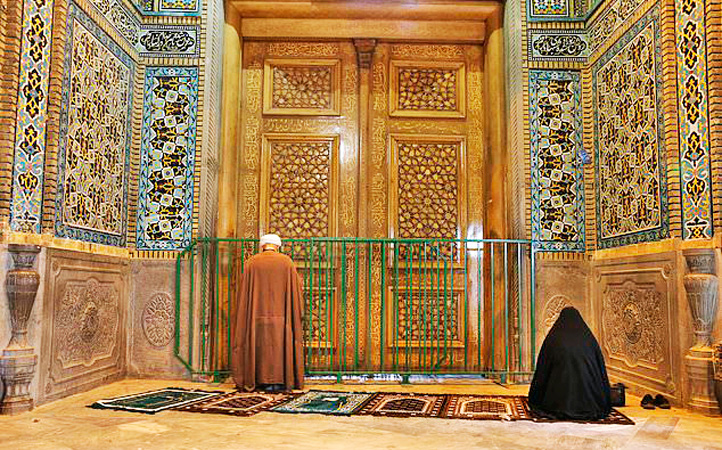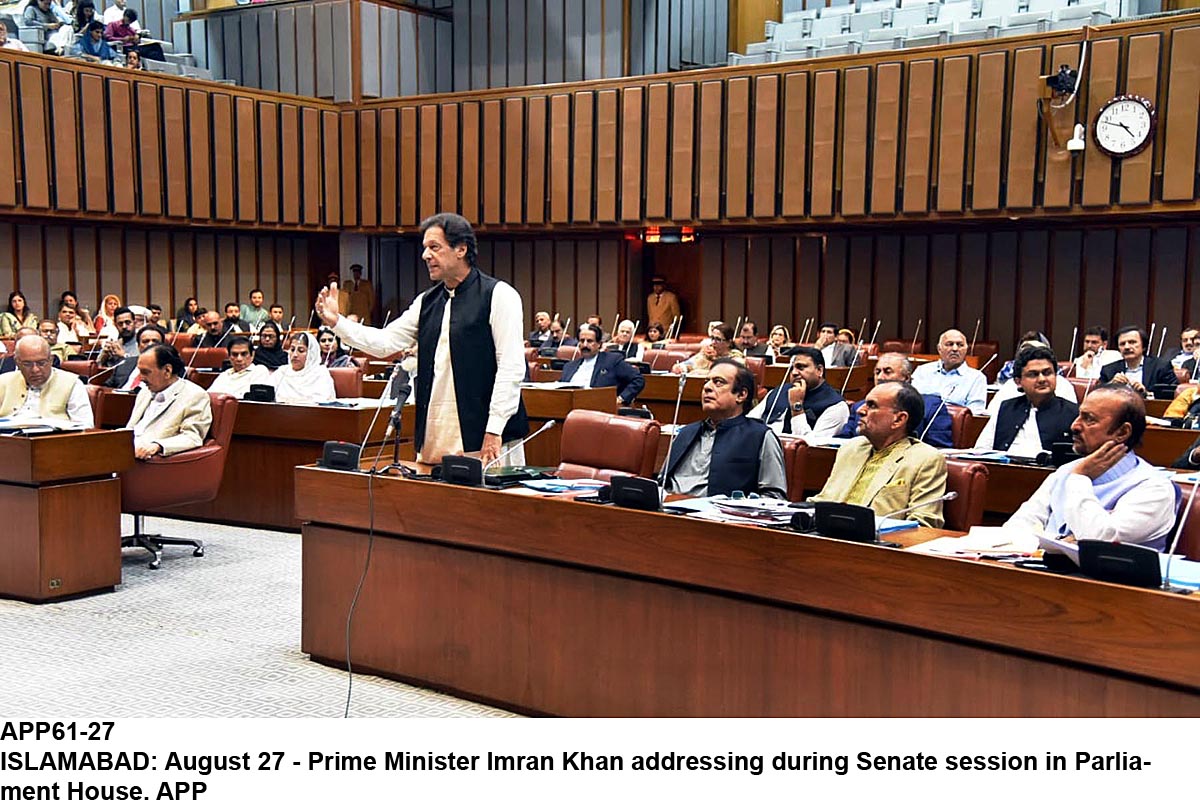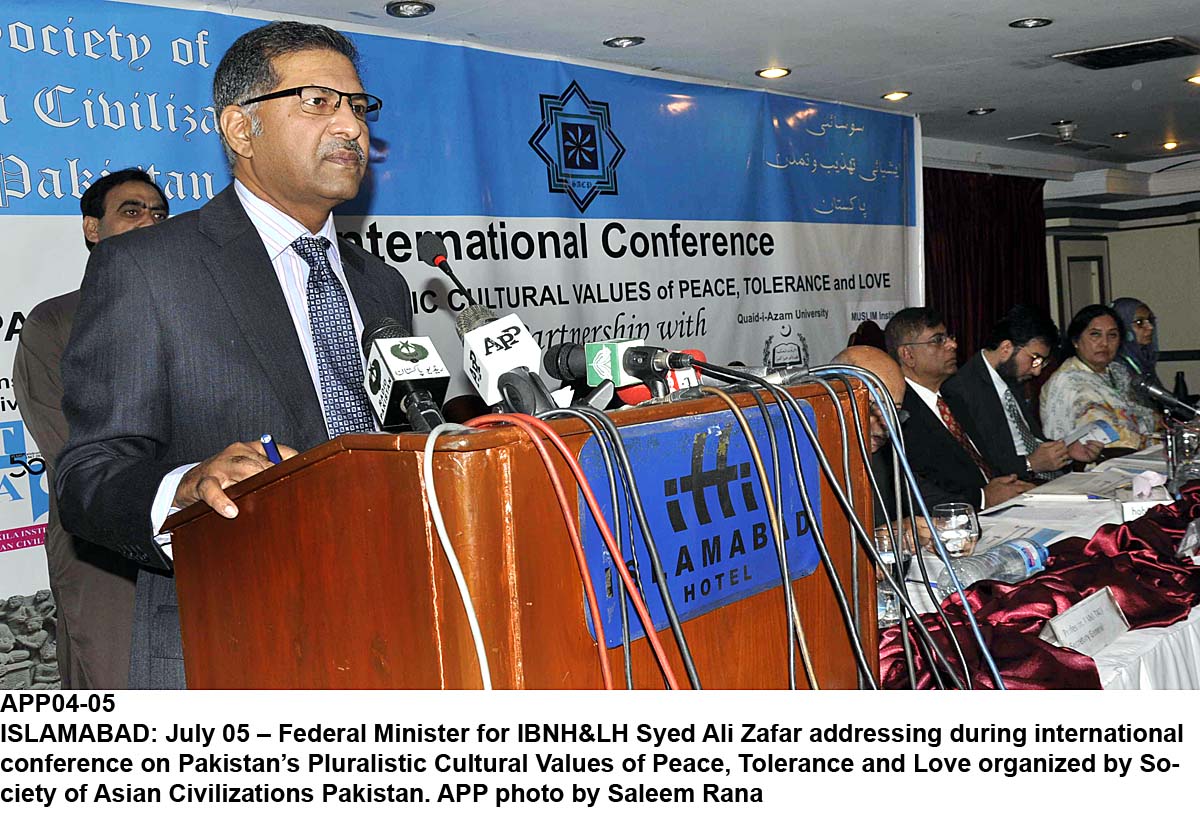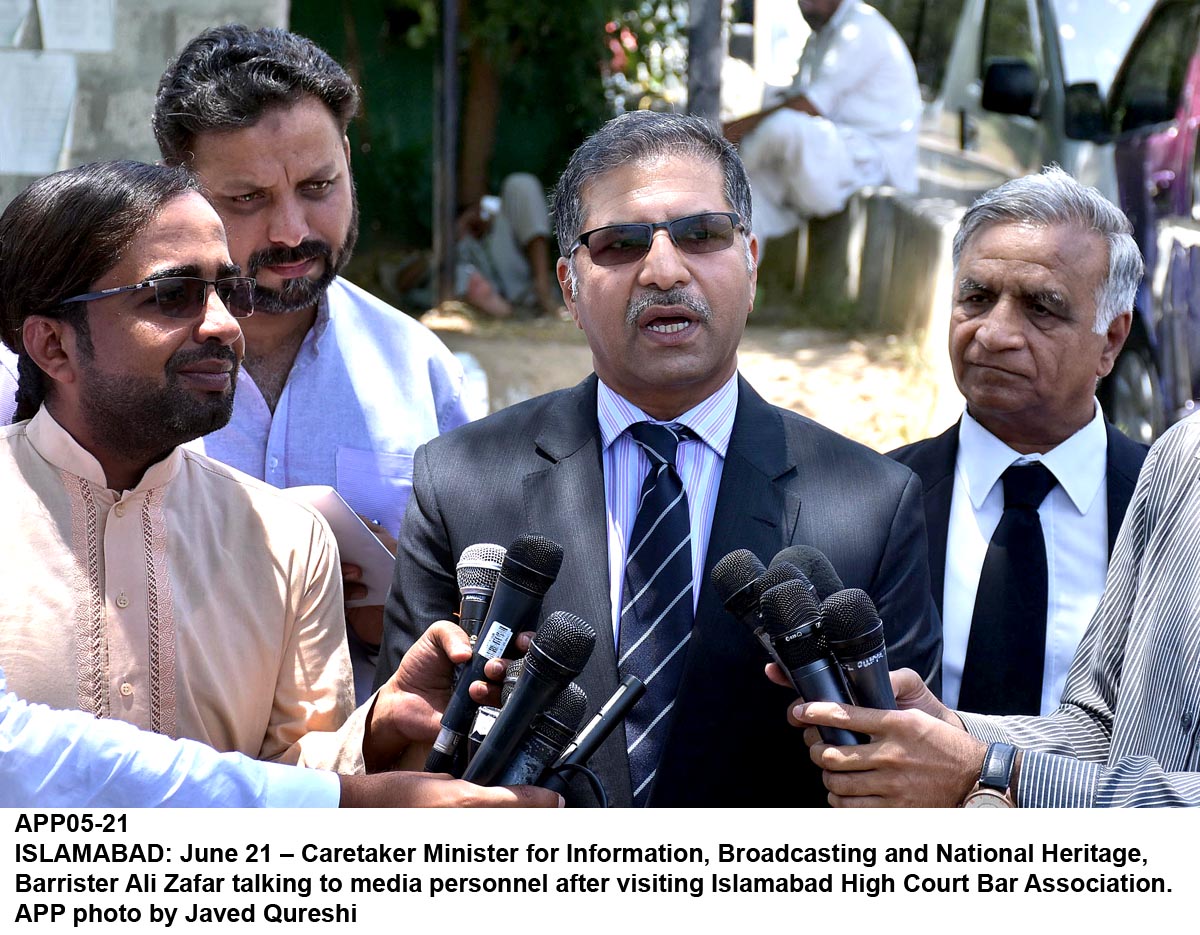
A state TV journalist who also is a medical doctor gave the warning only hours after hard-line Shiite faithful on Monday night pushed their way into the courtyards of two major shrines that were finally closed due to the virus. Supreme Leader Ayatollah Ali Khamenei issued a religious ruling prohibiting “unnecessary” travel.
Roughly 9 out of 10 of the over 18,000 confirmed cases of the virus in the Middle East come from Iran, where authorities denied for days the risk the outbreak posed. Officials have implemented new checks for people trying to leave major cities ahead of Nowruz, the Persian New Year, on Friday, but have hesitated to quarantine the areas.
The death toll in Iran saw another 13% increase Tuesday. Health Ministry spokesman Kianoush Jahanpour said the virus had killed 135 more people to raise the total to 988 amid over 16,000 cases.
Jordan announced a state of emergency, banning gatherings of more than 10 people, and Israel issued its own strict guidelines.
Most infected people experience only mild or moderate symptoms, such as fever and cough, and recover within weeks. But the virus is highly contagious and can be spread by people with no visible symptoms. For some, especially older adults and people with existing health problems, it can cause more severe illness, including pneumonia.
In announcing the new warning, the Iranian state TV journalist, Dr. Afruz Eslami, cited a study by Tehran’s prestigious Sharif University of Technology, which offered three scenarios: If people cooperate fully now, Iran will see 120,000 infections and 12,000 deaths before the outbreak is over; if they offer medium cooperation, there will be 300,000 cases and 110,000 deaths.
But if people fail to follow any guidance, it could collapse Iran’s already-strained medical system, Eslami said. If the “medical facilities are not sufficient, there will be 4 million cases, and 3.5 million people will die,” she said.
Eslami did not elaborate on what metrics the study used, but even reporting it on Iran´s tightly controlled state media represented a major change for a country whose officials had for days denied the severity of the crisis.
Underlining that urgency was the fatwa issued by Khamenei, which prohibited “unnecessary” travel. It comes as the public ignored repeated warnings and pleas from security forces. Such a decree is rare by Khamenei, who has final say on all state matters.
Some Iranian media later said Khamenei hadn´t issued a fatwa, though semiofficial news agencies believed to be close to the paramilitary Revolutionary Guard said the order had been made.
Late Monday night, angry crowds stormed the courtyards of the Imam Reza shrine in Mashhad and the Fatima Masumeh shrine in Qom. Many people visit the shrine in Qom 24 hours a day, seven days a week, touching and kissing the shrine.That has worried health officials, who for weeks wanted Iran’s Shiite clergy to close them.
State TV had announced the closures earlier in the day, sparking the demonstrations.
“We are here to say that Tehran is damn wrong to do that!” one Shiite cleric shouted at the shrine in Mashhad, according to online video. Others joined him in chanting: “The health minister is damn wrong to do that, the president is damn wrong to do that!”
Police later dispersed the crowds and made arrests. Religious authorities and a prominent Qom seminary called the demonstration an “insult” to the shrine.
Iran’s shrines draw Shiite pilgrims from all over, likely contributing to the virus’ regional spread. Saudi Arabia has closed off Islam´s holiest sites and on Tuesday said it would halt communal Friday prayers in the kingdom.
President Hassan Rouhani said that despite the closures, “our soul is closer to the saints more than at any time.”
State TV reported teams were deployed to screen travelers leaving major cities in 13 provinces, including the capital, Tehran. But Iran has 31 provinces and authorities haven’t tried to lock down the country the way its allies Iraq and Lebanon have done.














